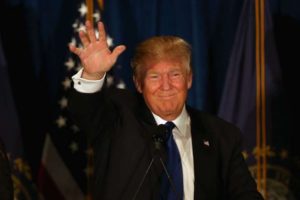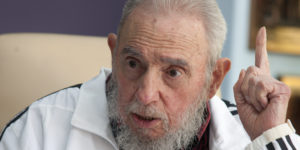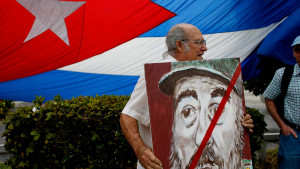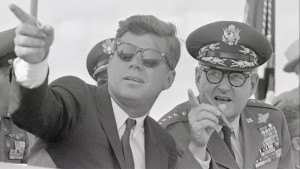My head is spinning.
Republicans at one time used to condemn Julian Assange, the founder of WikiLeaks, for revealing U.S. national secrets to the rest of the world.
Now some of them — including the president-elect of the United States — believe him more than they believe U.S. intelligence officials who contend that Russian spooks hacked into the American electoral system.
What in the world has happened here?
“Julian Assange said ‘a 14 year old could have hacked Podesta’ – why was DNC so careless? Also said Russians did not give him the info!” Trump tweeted Wednesday.
As USA Today reports: “Podesta is the Hillary Clinton campaign chairman whose emails were released by WikiLeaks during the campaign, part of an effort that U.S. intelligence officials attributed to the Russians, perhaps in order to help Trump win the election.”
Trump continues to disparage the intelligence agencies who will be charged with providing him information about our foreign adversaries. Will the president continue to disparage them even as they seek to brief him potential crises?
Presidential historian Michael Beschloss wondered today on MSNBC what might have happened in 1962 had the CIA presented to President Kennedy pictures of “something being built” in Cuba that turned out to be ballistic missile launchers. What if the president had disregarded them? Beschloss asked.
Trump now has sided with someone who has been scorned by politicians within his political party, someone who’s been defending the Russians’ denial of doing anything wrong.
Julian Assange is no friend of the American intelligence network.
Sen. Tom Cotton, R-Ark., said that “I have a lot more faith in our intelligence officers” than in “people like Julian Assange.”
For the ever-loving life of me I cannot figure out what’s happening here. The president-elect of the United States of America is taking the word of a reputed national security threat over the word of those assigned to protecting our national interests?
I need to take something for my spinning head.




